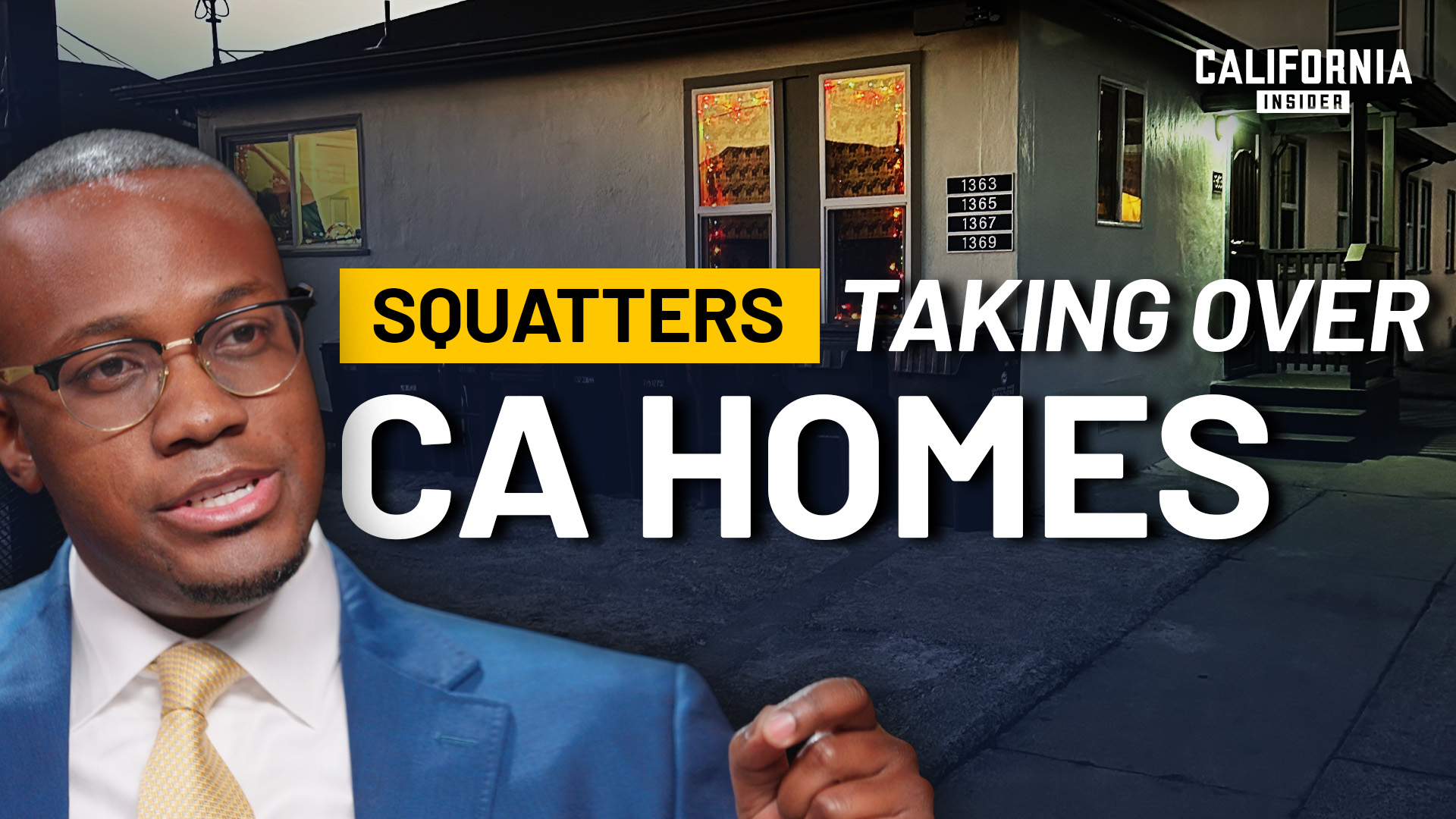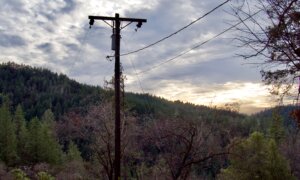In our latest California Insider episode, real estate attorney Jonathan Madison shares hard-won insights from years of squatter cases and why the law often favors unauthorized occupants over property owners.
Jonathan Madison thought his first squatter case would be simple. His client bought an investment property in Oakland, went to inspect it, and found someone inside claiming it was their home. No lease. No documentation. Just “I live here.”
Madison called the cops. The officer looked around, shrugged, and said this was a civil matter. The homeowner would spend the next four months in court trying to remove someone who broke into her property.
That case taught Madison something uncomfortable: California’s tenant protection laws don’t just protect tenants. They protect anyone who can convincingly claim to be one.
In our conversation, Madison walks through case after case where unauthorized occupants have learned to exploit legal ambiguities that were never meant for them. Some show up with fake leases. Others get mail delivered to establish residency. The savvy ones know exactly what to say when police arrive.
“The law doesn’t distinguish between a squatter and a tenant,” Madison tells us. “Once someone claims they live somewhere, the burden shifts entirely to the property owner to prove they don’t belong.”
The System That Isn’t Working
Madison describes watching a squatter quote California civil code directly to a judge. The judge looked frustrated but couldn’t do much. The law was technically on the squatter’s side.
Property owners face restrictions that would be absurd in any other context. They can’t shut off utilities. Madison had a client get sued for cutting power to her own Airbnb after squatters moved in. They can’t change locks. They can’t physically remove anyone. They can pay lawyers instead.
One client spent $30,000 in legal fees. Another went bankrupt. Several have simply walked away from properties rather than fight.
California passed Senate Bills 602 and 448 to help. Property owners can now file notices with sheriffs about unauthorized occupants. But enforcement is spotty. Police can act on these notices. They just don’t have to.
The Bigger Questions
Madison isn’t some anti-tenant crusader. He acknowledges that California’s rental protections exist for good reasons. The state has a housing crisis. Legitimate tenants need protection from predatory landlords.
But he’s watched the system become so lopsided that it invites abuse. When obvious trespassers can tie up property owners in court for months, something has gone wrong with the balance.
His fix sounds almost boringly reasonable: If someone can’t produce ID, can’t show a lease, and clearly doesn’t belong, police should be able to remove them. Period.
Madison thinks we’re reaching a breaking point. Too many property owners have horror stories. Too many legitimate landlords are getting out of the rental business entirely. Eventually, lawmakers will have to restore some equilibrium.
What This Really Costs
These aren’t just property owner problems. When landlords spend thousands fighting squatters, those costs get passed on to legitimate tenants through higher rents. When property owners abandon the rental market entirely, it shrinks the housing supply in a state that desperately needs more units.
Madison’s cases reveal how well-intended laws can create perverse incentives. California wanted to protect vulnerable tenants. Instead, it created a system that sophisticated bad actors can game while legitimate renters pay the price.
The squatter problem may seem niche, but it points to deeper questions about how California balances competing interests. Protection versus property rights. Housing access versus ownership security. Good intentions versus real-world consequences.
Madison doesn’t have all the answers. But his front-line experience with a broken system offers insights that lawmakers might want to hear.
Watch our full conversation with Jonathan Madison on California Insider for his most jaw-dropping case studies and predictions about where these laws are headed.
Have you dealt with squatter issues as a property owner or tenant? What’s your take on balancing protection with property rights? Let us know in the comments.













